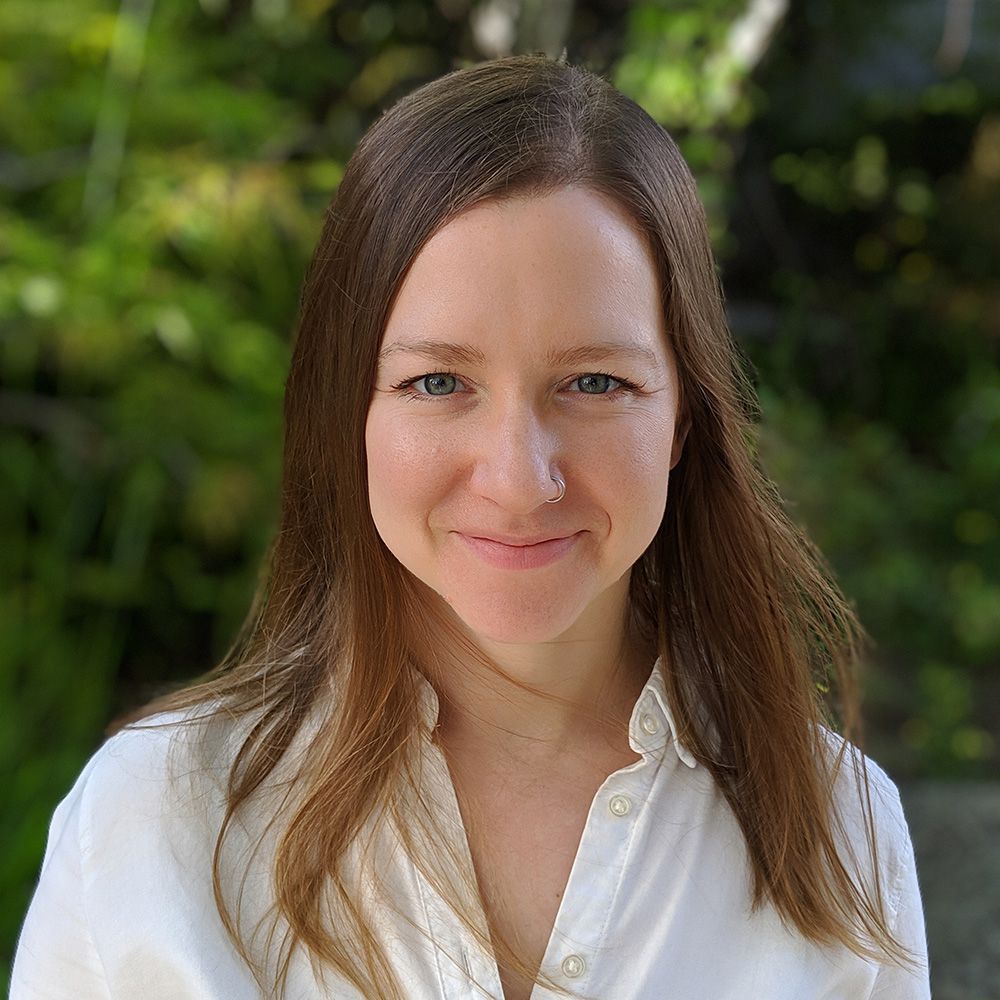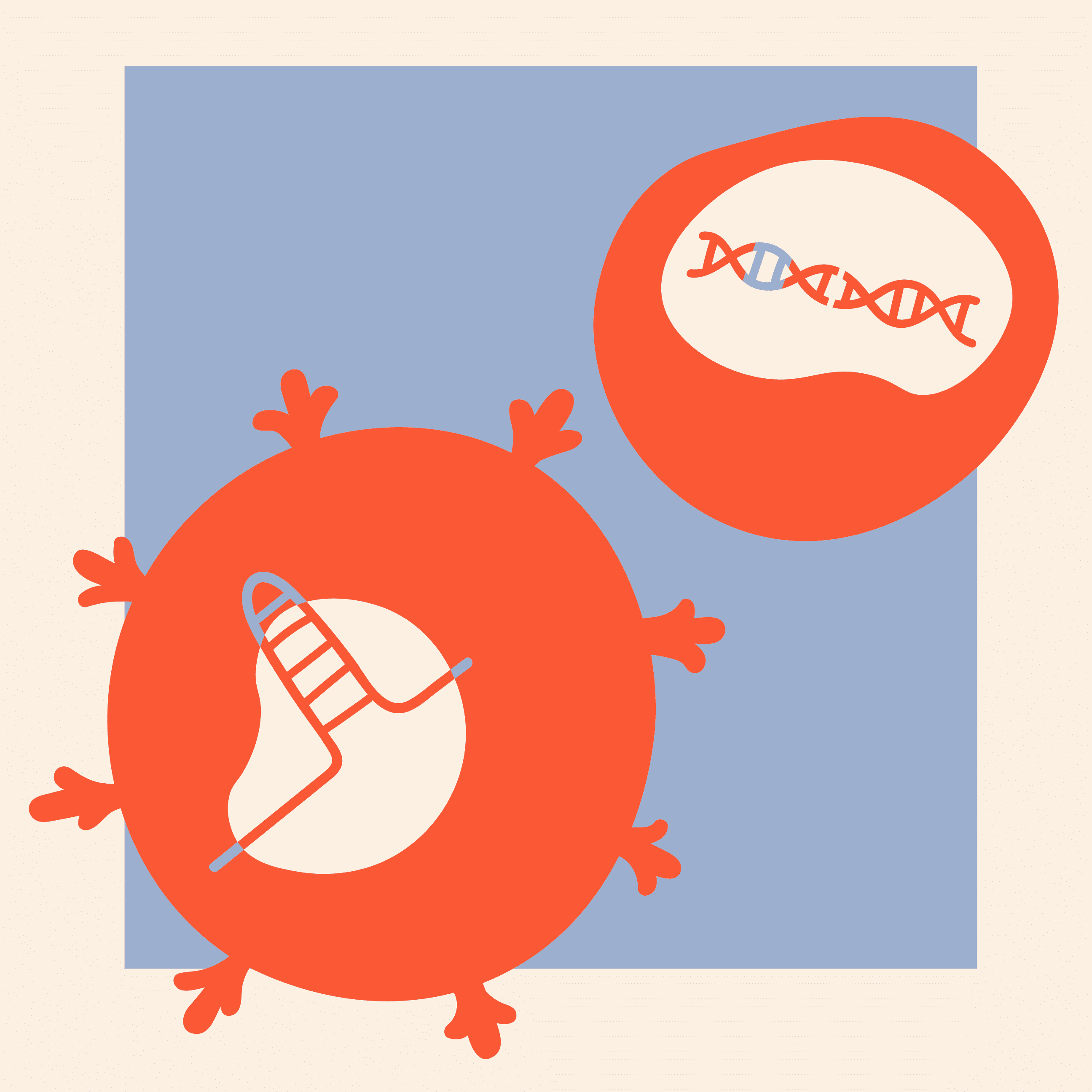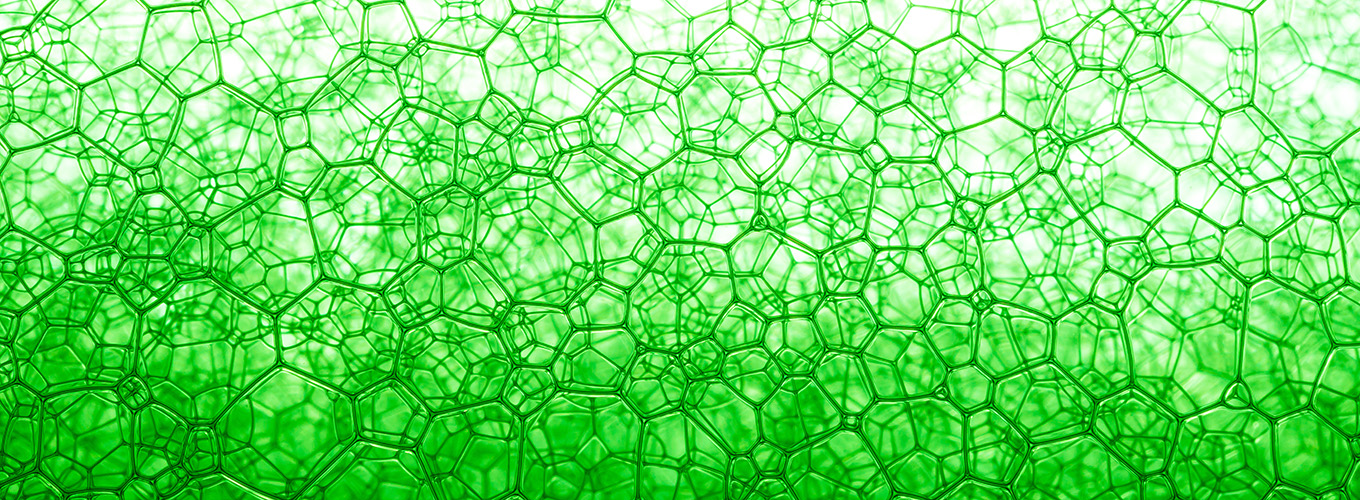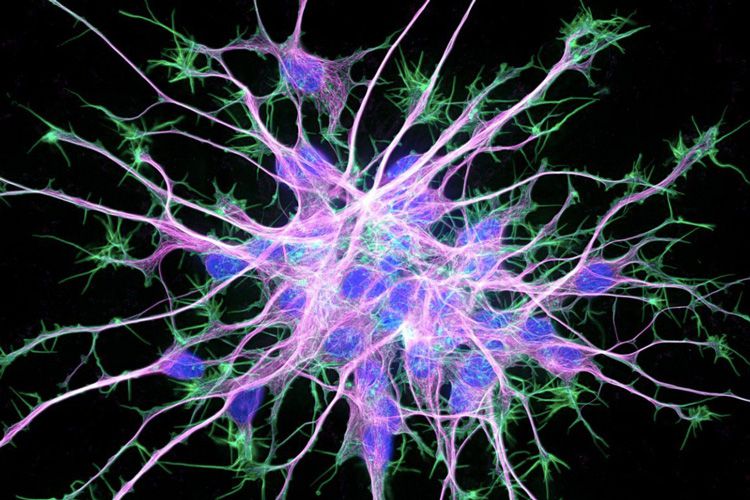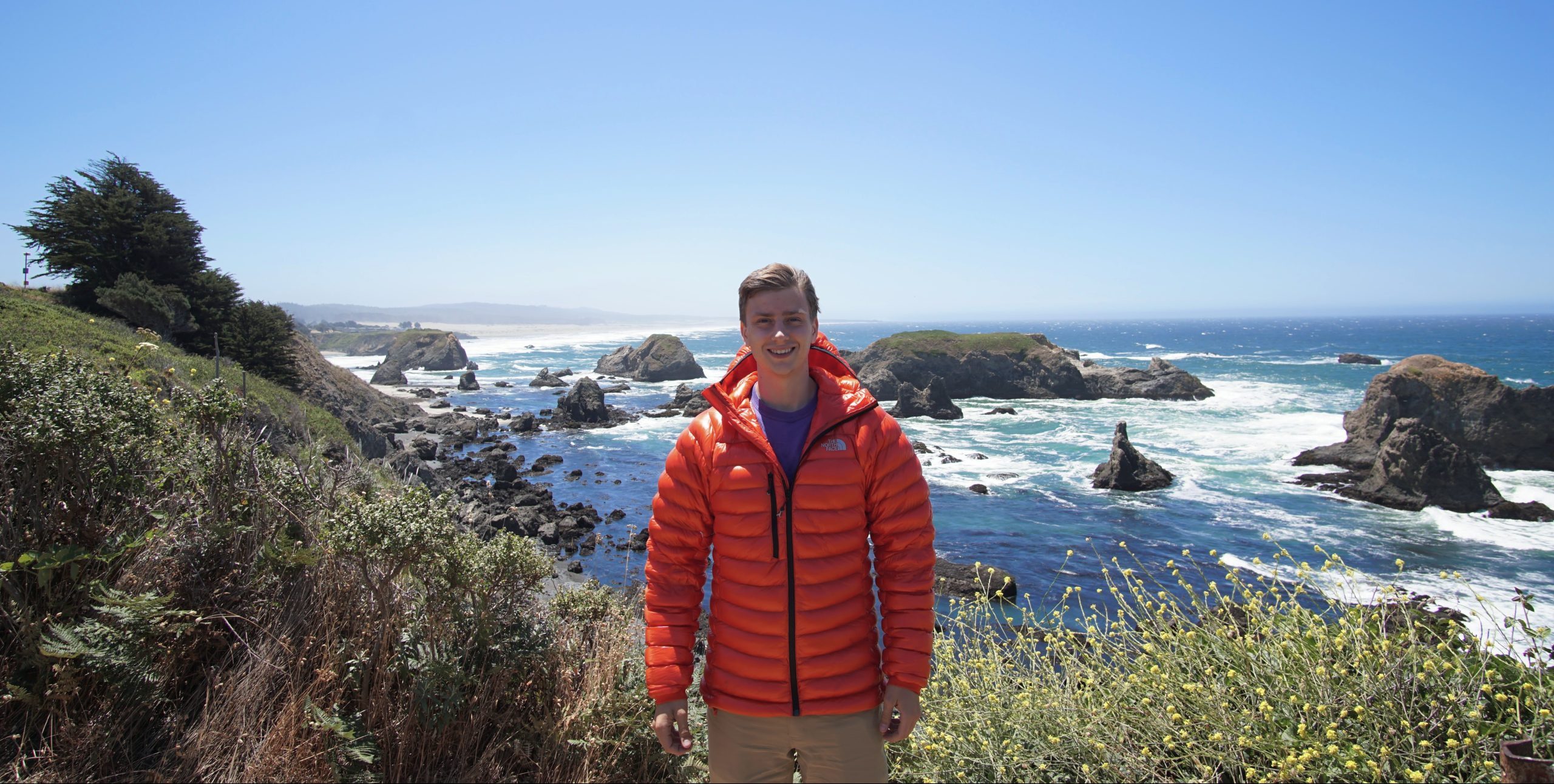
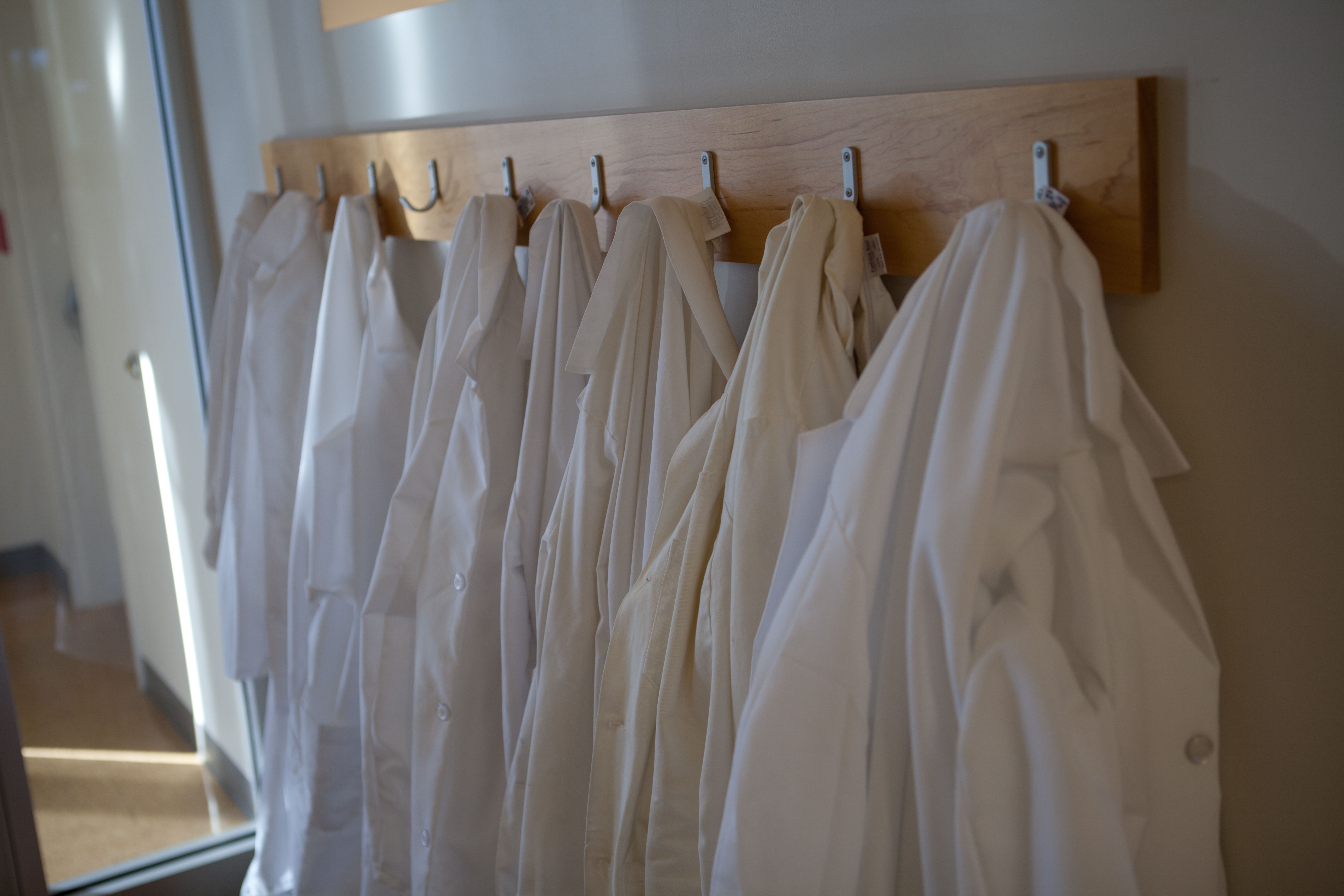
This series introduces the public and fellow researchers to our talented scientists. We interview different IGI members to find out who they are and what makes them passionate about science.
—
Niren Murthy is Professor of Bioengineering at the University of California, Berkeley, where his lab develops new materials for drug delivery and molecular imaging.
Where are you from?
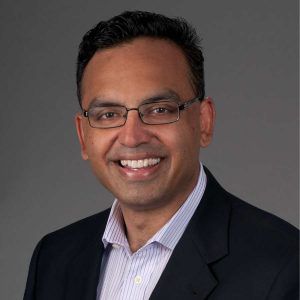
I was born in Mumbai, India but my parents moved here when I was very young. I grew up in the suburbs of Chicago.
Why did you become a scientist?
I was interested in medicine and the biomedical sciences, but did not want to become a doctor. I also liked math and computational sciences. Bioengineering was a good fit for me because it had a medical aspect, but also combined a lot of basic science. I am interested in designing molecules that can perform molecular functions, like getting drugs into target tissues.
What do you like to do besides research?
I like reading. I used to play a lot of tennis and chess.
Describe a funny memory you have of working in the lab or doing research.
My first research experience was in Igor Roninson’s lab — and was a total disaster. During my first week there, I was supposed to freeze a fragment of DNA I isolated in liquid nitrogen. Igor’s lab was big and everyone there was very busy, so I needed to figure out how to do this by myself. To do the DNA freezing, I borrowed a plastic bucket from the janitor, and poured the liquid nitrogen into the plastic bucket. The bucket froze and cracked, and the liquid nitrogen spilled all over the floor, which was made of tile. The tile froze and cracked and the entire floor was ruined and had to be replaced. Everybody in the lab thought this was funny. I was horrified. Amazingly, they did not fire me.
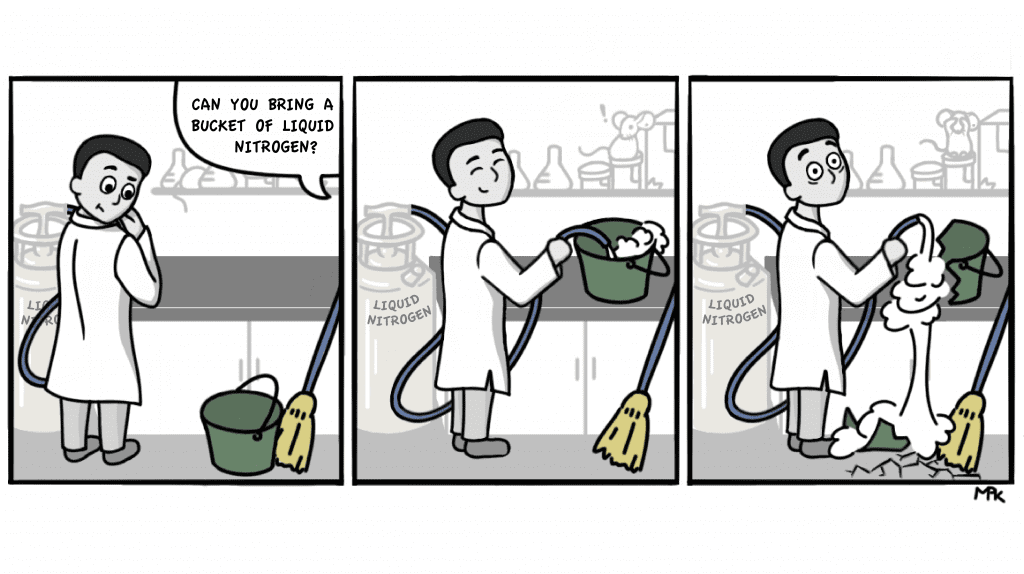
What would you do if you weren’t a scientist?
When I majored in political science I had a lot of exposure to non-science jobs, and I knew from this experience that I was out of place anywhere else. I really can’t imagine myself doing anything else.
How has science changed since you started as a researcher? What has been the most important advancement in your opinion?
I think there is now a bigger focus on having scientific developments translate and impact society, as opposed to just publishing papers.
What role do you think science plays in the community and in the world?
Science is the main engine for improving the lives of people. It is essential for every aspect of society and without it, our lives would be much worse.
How has COVID-19 changed things in your lab?
We are interested in infectious disease, so we naturally started working on COVID. We’re looking at small molecular inhibitors of the spike protein.
In the day-to-day, things have changed as well. I’m not doing any face-to-face meetings. Zoom works surprisingly well! There is focus, energy, and real urgency because of the public health need.
That said, things are hard on my Chinese lab members — issues with visas, going to and from China, and inflammatory things the US president has said. I’m worried that the political reaction will make foreigners think they’re not welcome in the US. And that people may not want to come here because of how the country as a whole is handling COVID. My lab would practically fall apart without foreign scientists. Other countries are making it easier to get visas and we’re making it harder.
